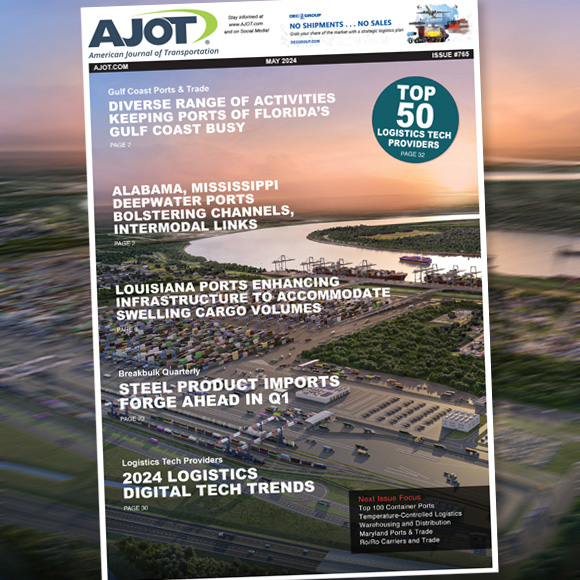Oil fell after President Donald Trump said that the U.S. hasn’t agreed to rollback all tariffs on China.
WTI futures dropped as much as 2.4% in New York Friday after rallying the prior day on optimism of a quick resolution in the U.S.-China trade war. Trump told reporters Friday that while China wants a partial reversal of tariffs imposed in the trade war, he won’t fully eliminate them.
“If anything Trump’s statements were a dose of reality,” said Ashley Petersen, oil market analyst at Stratas Advisors in New York. “Investors got a little to optimistic and too excited and spiked these prices and now we are seeing a rollback as the White House comes out with fairly firm statements.”
Oil has fallen about 15% since hitting this year’s peak in April as the trade spat saps crude consumption and global supplies expand. OPEC and its partners will probably keep output steady when they meet next month as markets are on track to re-balance, according to Goldman Sachs Group Inc. and Trafigura Group Ltd.
“OPEC’s ability to cut production and help prices firm has neared its limits and Saudi Arabia might find it difficult to convince other members to deepen product cuts,” said Daniel Ghali, commodity strategist at TD Bank in Toronto. “If OPEC can’t deepen their commitment we are set for an oversupply and that is going to be bearish for prices.”
WTI for December delivery declined 60 cents to $56.55 a barrel on the New York Mercantile Exchange as of 11:05 a.m. local time.
Brent for January settlement fell 60 cents to $61.69 a barrel on the London-based ICE Futures Europe Exchange. The global benchmark crude traded at a premium of $5.17 to WTI.
Rolling back tariffs would pave the way for a de-escalation in the trade war that’s cast a shadow over the world economy. China’s key demand since the start of negotiations has been the removal of punitive tariffs, which by now apply to the majority of its exports to the U.S.
“The U.S.-China trade talks are heading in the right direction” but “there are still several obstacles that will need to be overcome,” said Stephen Brennock, an analyst at PVM Oil Associates Ltd. in London. “The road to a final resolution will be bumpy. The upside for the risk-asset complex is limited and the current momentum is built on wobbly foundations.”





